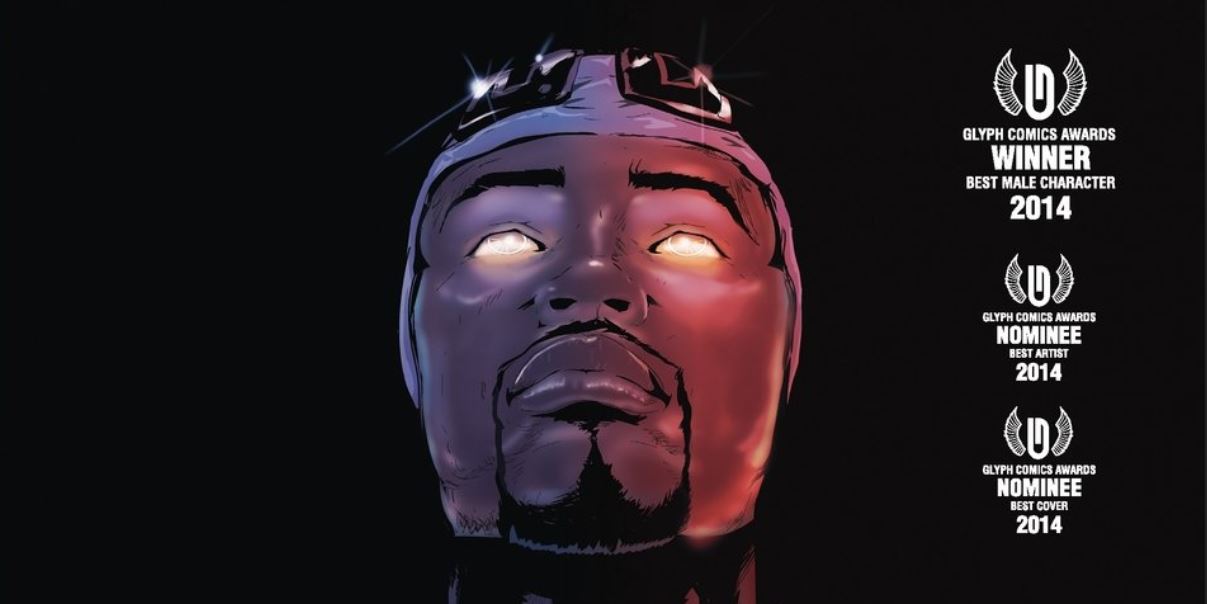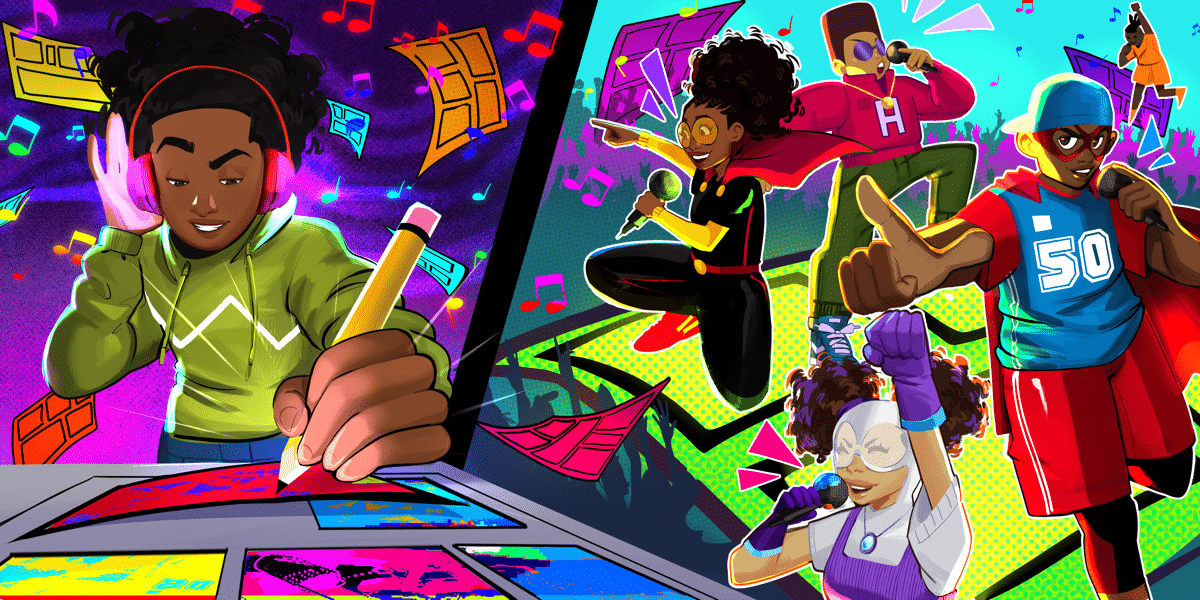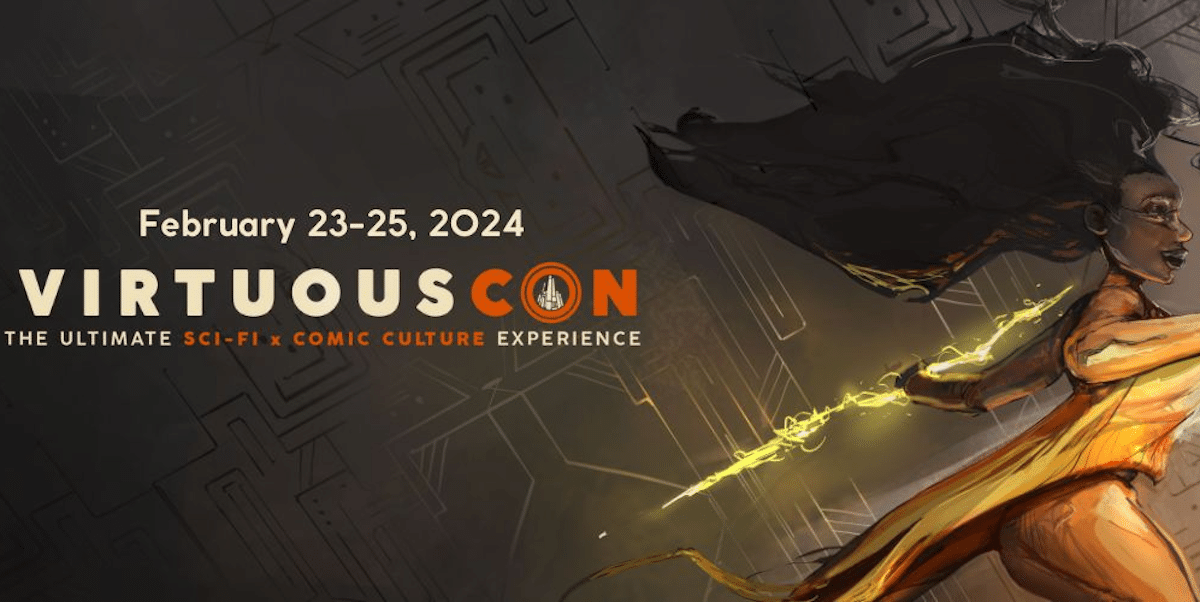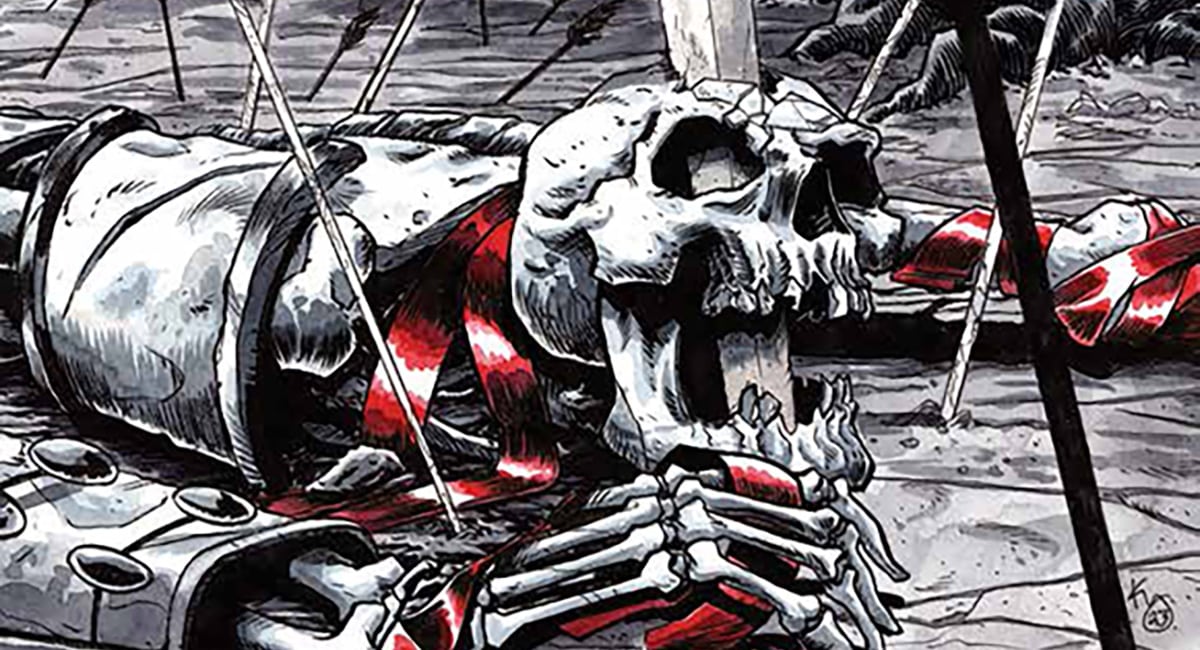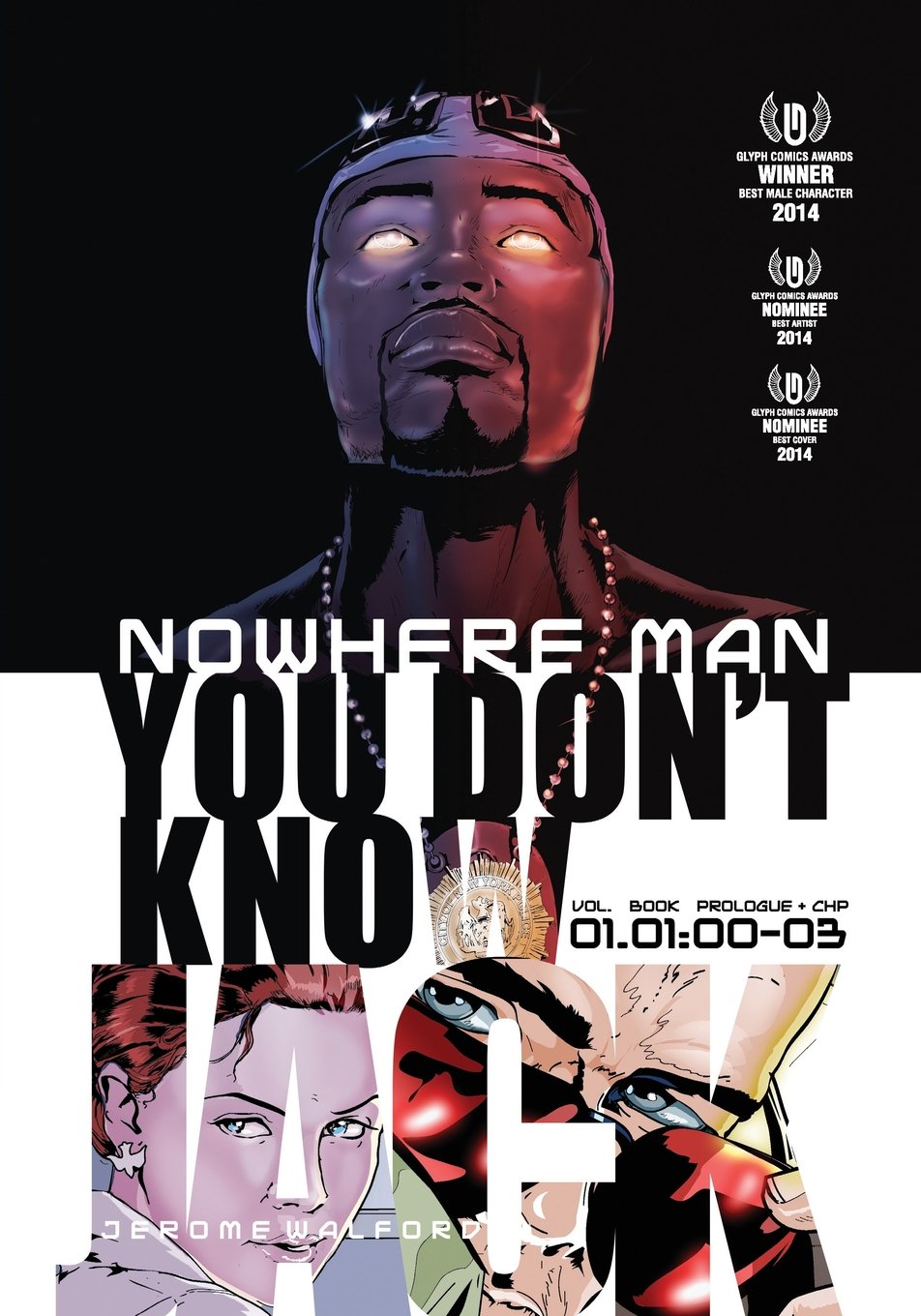
Here’s a comic that’s fighting the good fight to shine a brighter light on Black representation and its rich diversity: Nowhere Man, by Jerome Walford.
The comic follows Jack Maguire, the world’s first ever superhero, a black man with a moral compass guided by legal justice and an intense need to prove himself. His father, a hero cop in his own right, was a victim of the 9/11 terrorist attacks. Here we have the hero’s trauma, that which pushes him into action. In his father’s absence, Jack decides to become a detective to not only honor his service but to also find his place in the world.
Nowhere Man goes against the stereotype of the ‘angry black man’ character. Jack looks beyond anger to see how he can legitimately cause significant change in society. Walford, who both writes and illustrates the series, mixes sci-fi, politics, racism, and even horror to tell a multifaceted story that is representative of a whole set of obstacles that we are currently navigating as a society.
It’s not just about a black man trying to make it in a racist world or about black vs. white. Instead, it uses these elements to tell a larger story about what people expect when you hold a position of power that can really shake up the status quo, especially if you’re of a skin color not usually associated with such positions. Walford combines a mess of real-world problems to as a template for the futuristic world Jack struggles with.
Rounding out the story are blockbuster-type action sequences with snappy dialogue and great character design. This comic book feels ready-made for a movie adaptation. The series is currently in its third volume and is published by Forward Comix, which was founded by Walford.
I strongly recommend you give Nowhere Man a shot. It’s the kind of superhero comic we need right now. Lots of action, political intrigue, conspiracies, great world-building, and a memorable character that is not interested in stereotypes.
Below you’ll find an interview with the creator of Nowhere Man, Jerome Walford.
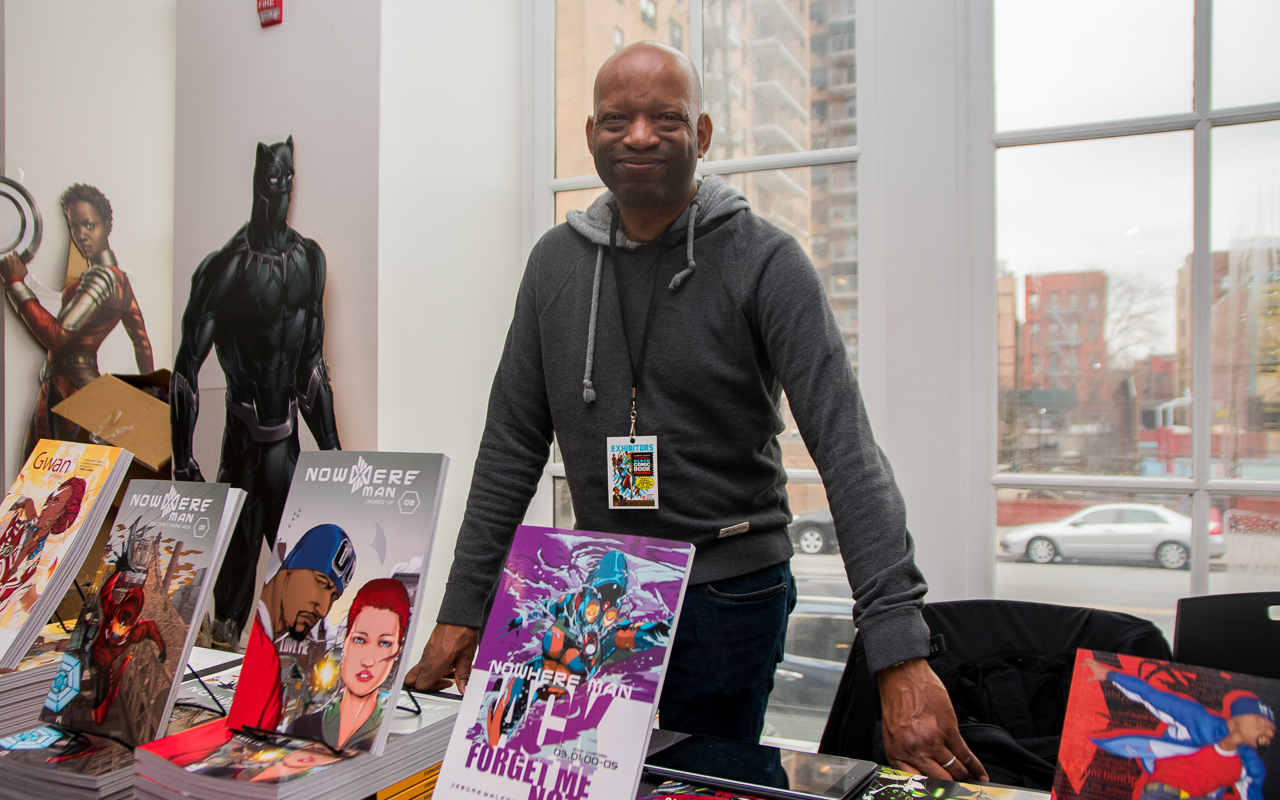
Ricardo Serrano: What’s the genesis of Nowhere Man? It’s the book you’ve worked on the longest, correct?
Jerome Walford: It was initially based on a story I had on my mind since high school. It was about this young trying to figure his life out in light of some level of tragedy, but I didn’t know what that was. Later on in my career I came back to this idea because, if I’m ever going to do comics why not just go for it. So I reimagined this idea and came up with a character with super abilities that loses his dad on 9/11. His dad was a first-responder, a hero cop of sorts. And I thought, what does this do to a person? He has to make a choice. Does he live up to his father’s legacy as a hero cop or does he become the world’s very first superhero?
Serrano: So, in light of the current comics market, do you feel as if you’ve had more success in print format or is digital where you get most of your readers?
Walford: Digital was a great way to test the market, to see what the response was like. I actually started the series as a black and white webcomic back in 2008. But what I’ve found is that people really like the print format. They like the physical product. And so it made it easier to produce a collection of chapters in trade format to kind of go beyond testing the market with a story that they can read in hand. I really do love digital and have been impressed with what other creators have accomplished with it. For now, I’ve found print works well and that the volume format really interests people.
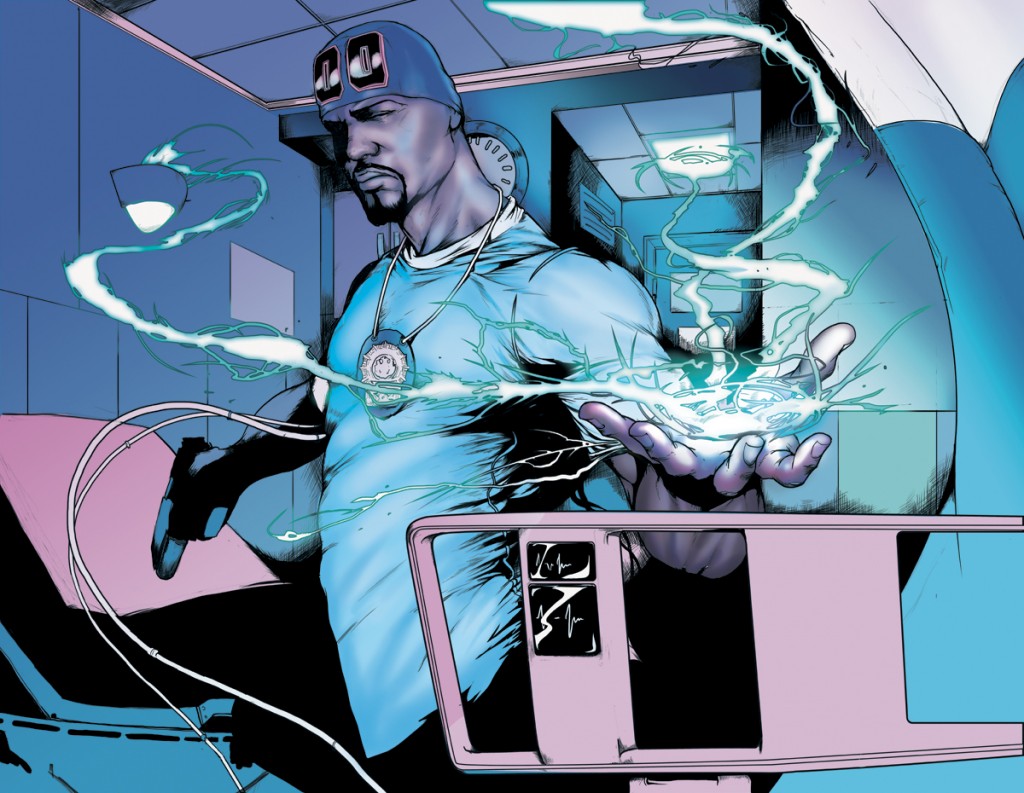
Walford: I like the big conventions just because there’s so much energy, and it’s hard to top that. I love the level of engagement with cosplayers. Having said that, I have to focus on what works best for my books. Events like the Schomburg Black Comic Book Festival, they’re here because they like comic books. They like big and small IP’s but they are also open to different, to new ideas.
Serrano: You’ve been a voice in this community and you’ve made it a point to create a genuinely black superhero character that veers away from the more traditional white superhero characters. So how has the audience reacted to your comic and its black hero lead?
Walford: I’m just overjoyed. When I first started, part of the challenge was that when I introduced the character in the books, there was a kind of kneejerk reaction to it from the mainstream audience. It felt like they were asking “what are you doing here?” There wasn’t enough of a sensibility that we needed to see different physical profiles and different ethnic backgrounds, or that we need a wider spread of personalities in comics. There’s this perception that if you have a black character it has to be overtly aggressive and urban in a negative sense. I wanted Nowhere Man to step away from that. I didn’t want the stereotypical strong but angry black character. It’s not that we have to do away with it completely, but it can also be something more nuanced. Representation must be present but it must also be in communication with the differences in our culture.
Serrano: Thanks!
Walford: Anytime!


